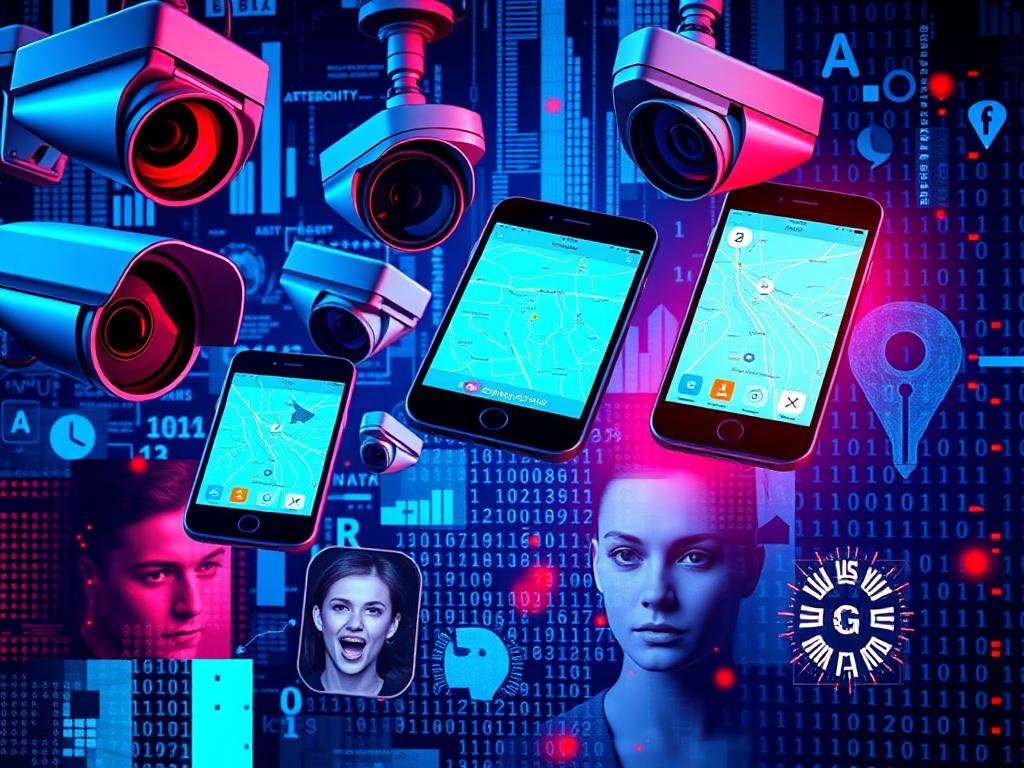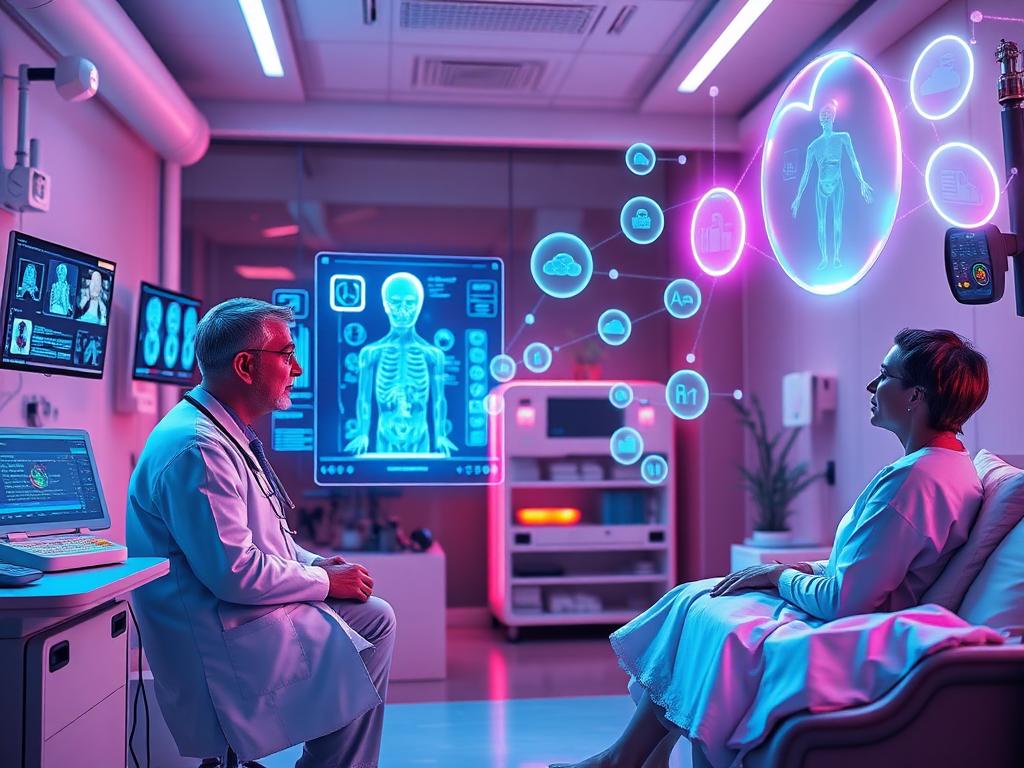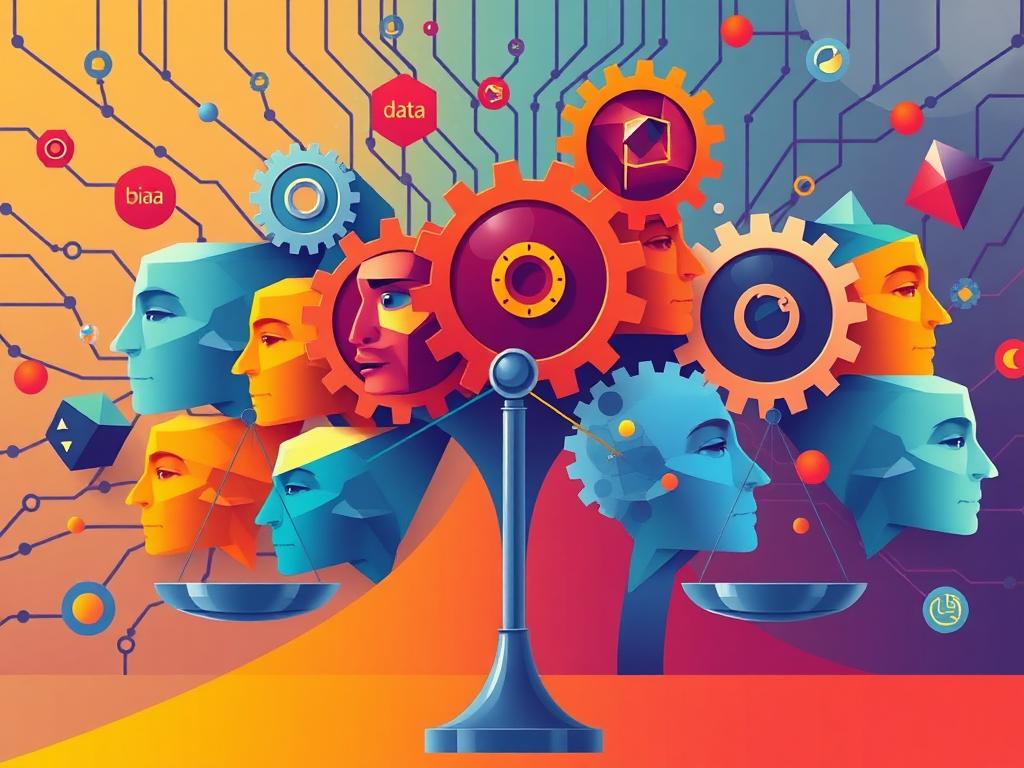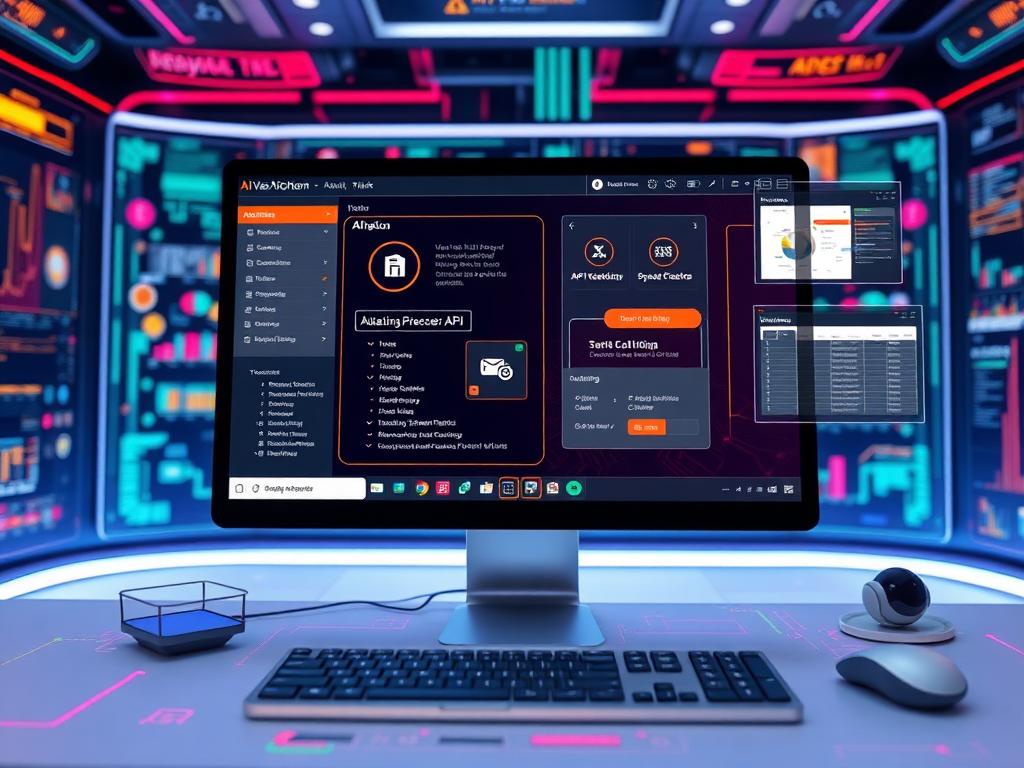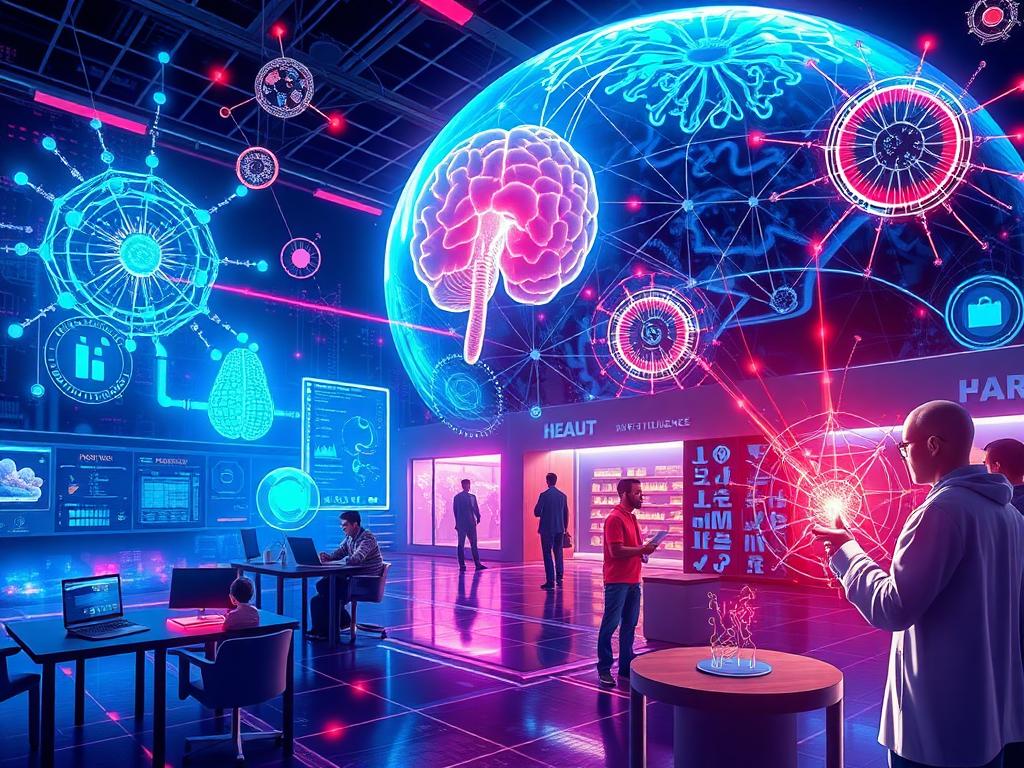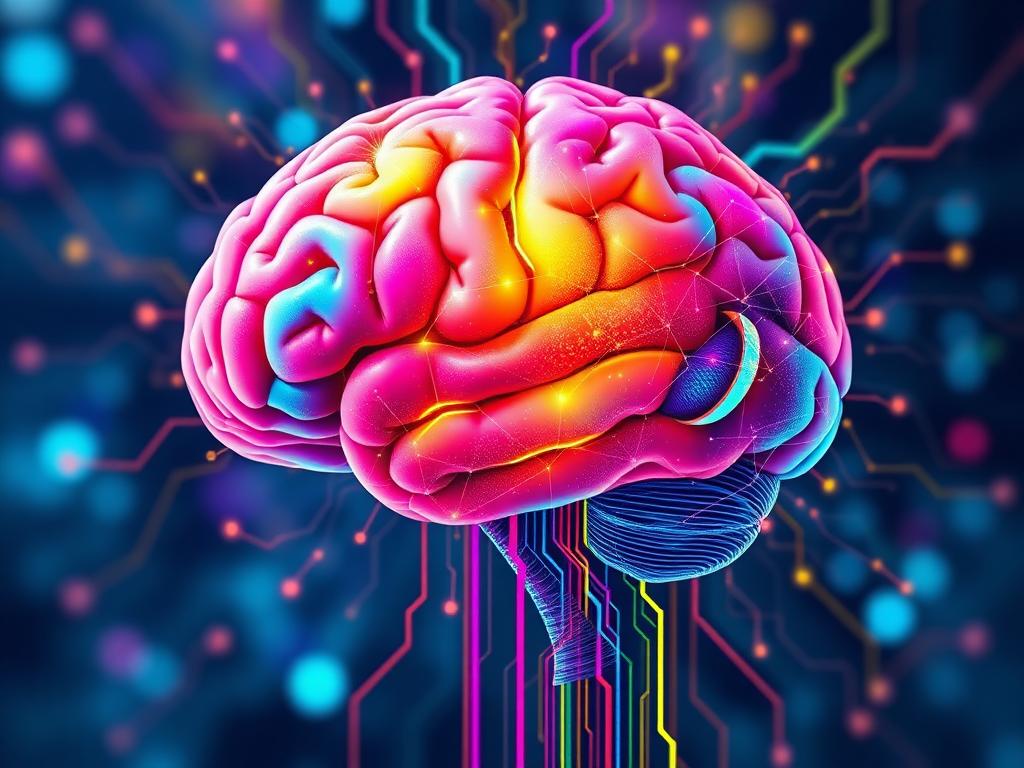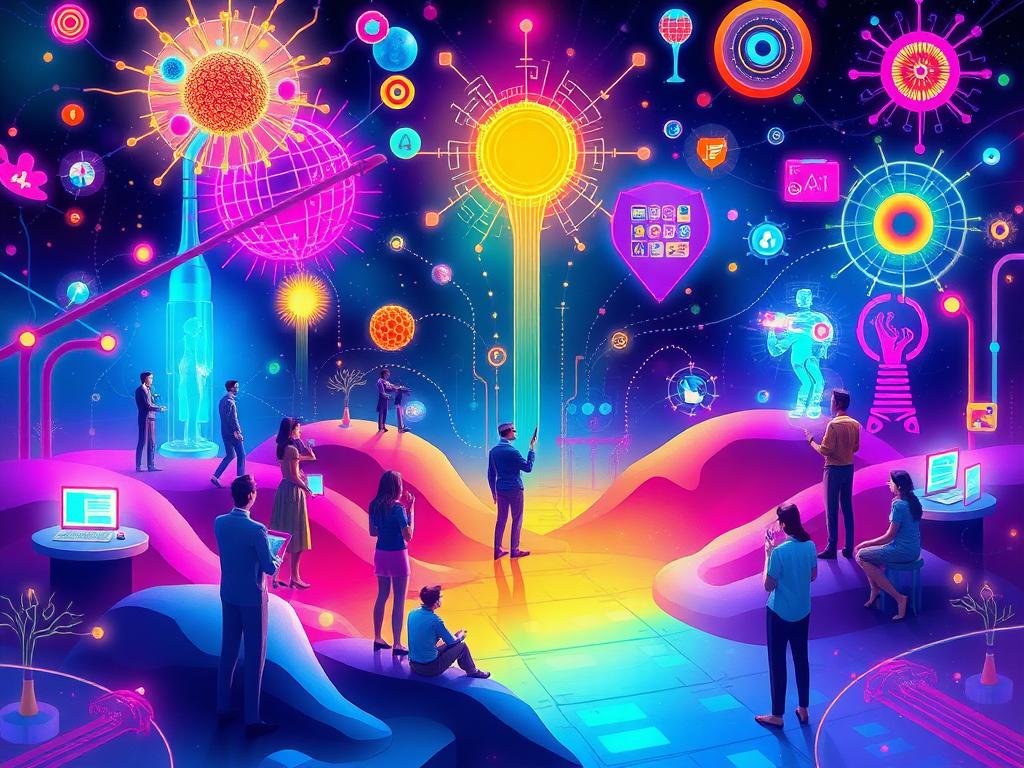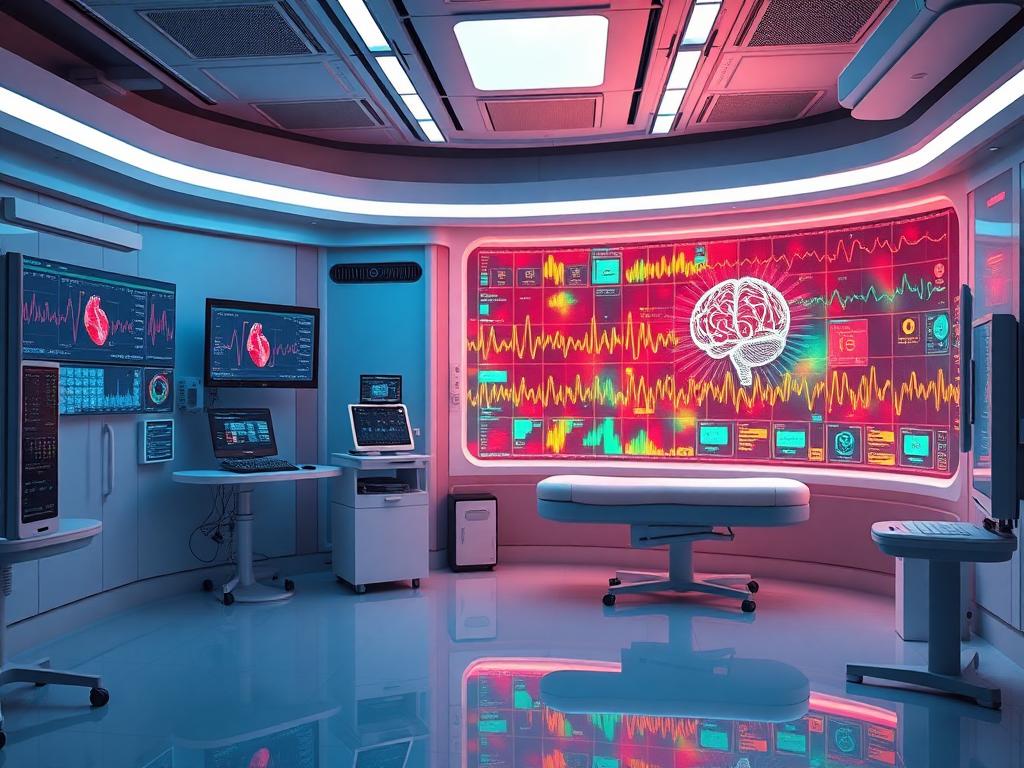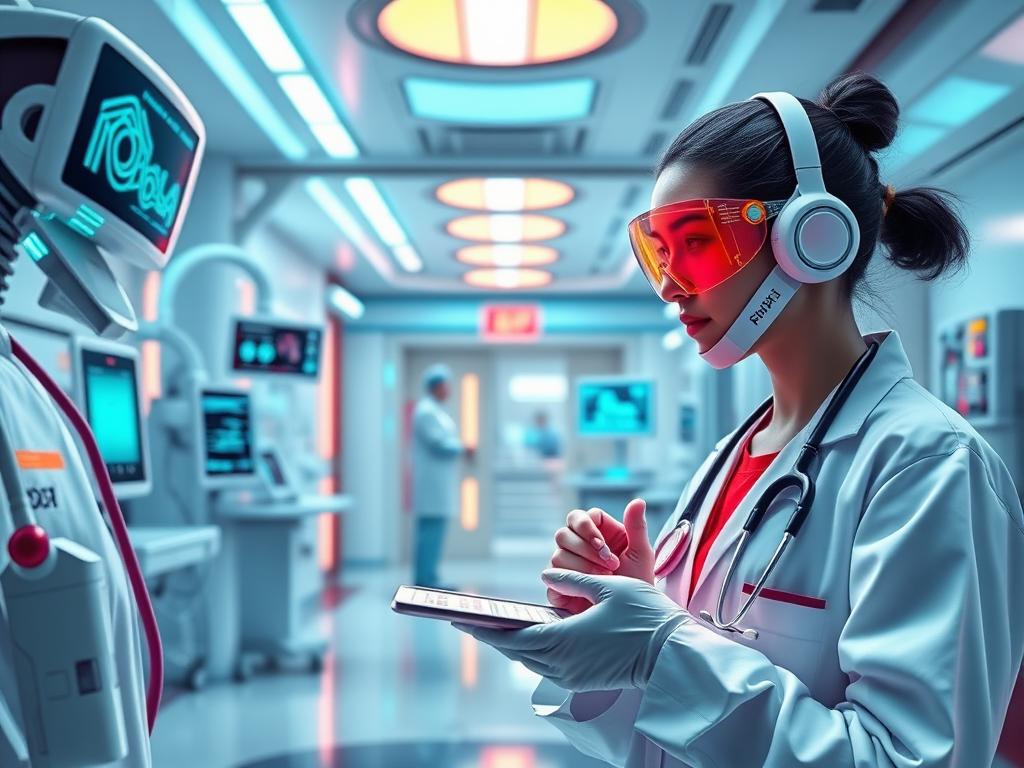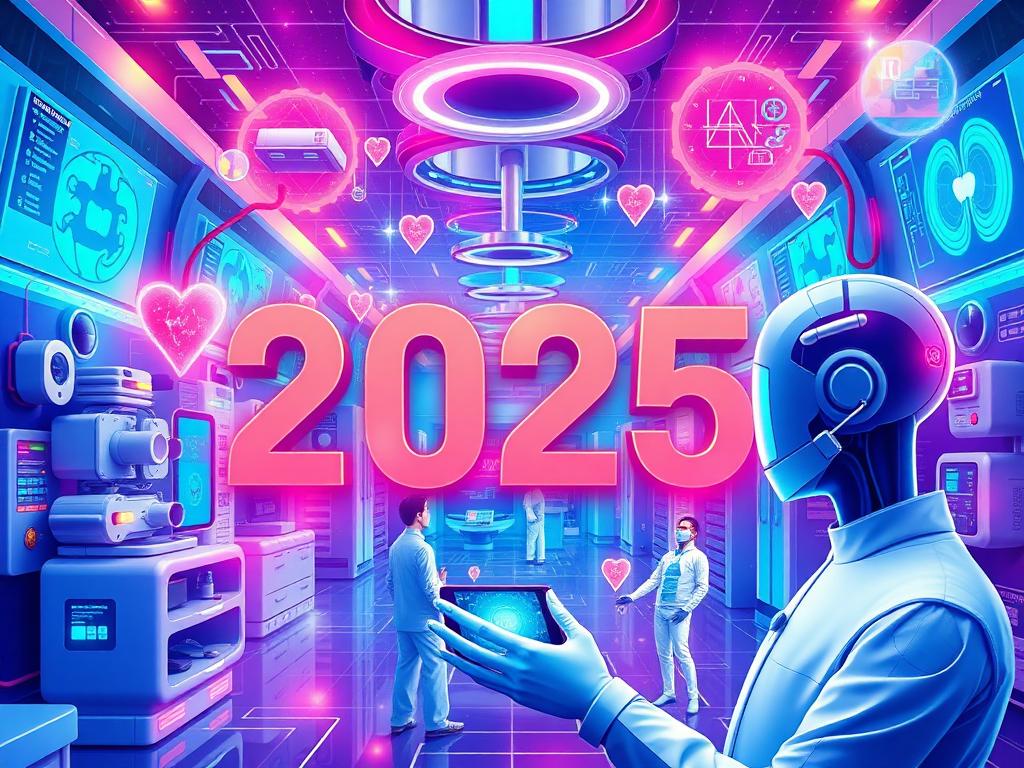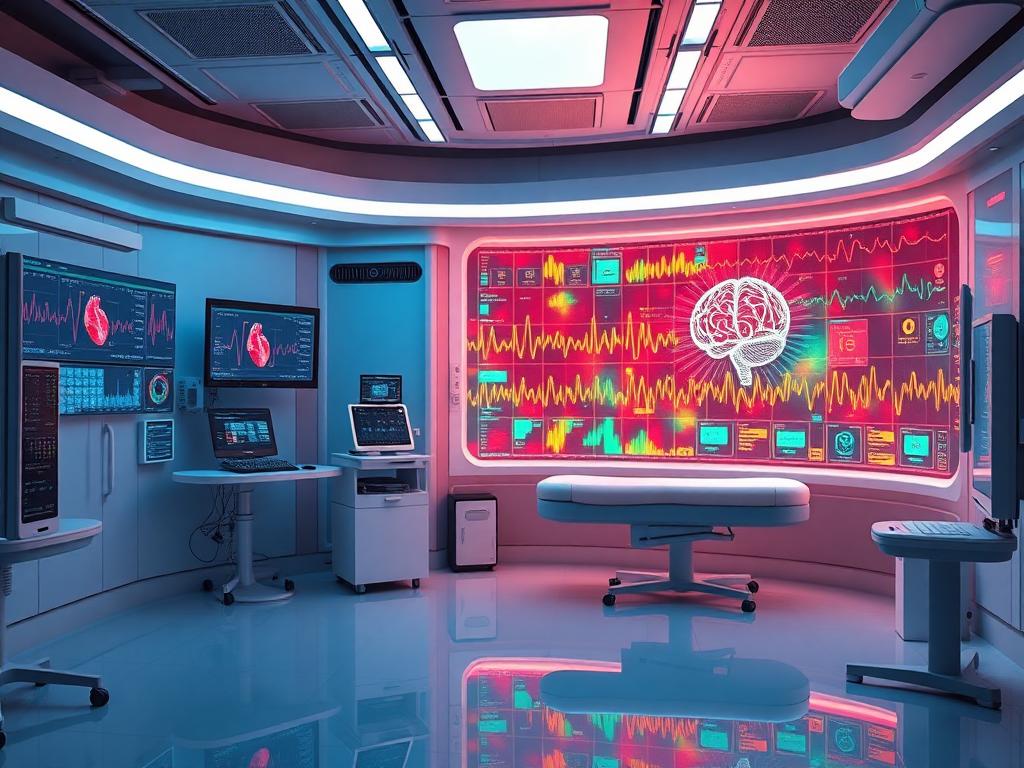
AI in Healthcare: A New Era of Medicine
Explore how AI is transforming healthcare, from diagnostics to drug discovery, and understand the challenges and opportunities it brings.
When we talk about AI and healthcare, it’s essential to recognize it as a foundational shift in the tools we use to improve patient outcomes. Just as algebra revolutionized mathematics, AI is reshaping the way we approach medicine, particularly in diagnostics and treatment planning.
Artificial intelligence has been a part of healthcare for decades, but recent advancements in generative AI, like ChatGPT, have brought it into the mainstream. These technologies are not just assisting doctors in transcribing notes or enhancing patient interactions through chatbots—they are now supercharging healthcare by predicting health risks, speeding up diagnoses, and even aiding in drug discovery.
Over the last five years, the AI boom has enabled significant progress in healthcare. We now have tools that work effectively with data, allowing us to develop new ways to diagnose and treat diseases. AI is also helping to create individualized treatment plans, ensuring that therapies are tailored to each patient’s unique needs.
However, the rise of AI in healthcare also raises important questions. Clinicians and patients alike are concerned about its potential risks, such as misdiagnosis or errors in treatment recommendations. Regulatory bodies like the US Food and Drug Administration and organizations like the American Medical Association are working to establish guidelines that ensure AI is used responsibly and ethically.
Despite these concerns, the potential of AI in healthcare is immense. It’s not just about replacing human expertise but enhancing it. Clinicians will continue to play a crucial role in interpreting AI-generated insights and making final decisions. Meanwhile, academic institutions and startups are investing heavily in developing AI tools that are accessible and effective.
For example, Yale Medicine’s Cardiovascular Data Science Lab, led by Dr. Rohan Carer, is using AI to improve cardiac care. Their work includes developing tools like ECGGPT, which can generate detailed reports from electrocardiograms, a task traditionally reserved for cardiologists. This innovation has the potential to make accurate diagnostic tools available to patients worldwide.
As AI continues to evolve, it’s crucial to address the challenges it presents while embracing its potential to transform healthcare. The question is not whether AI will become a standard in medicine but how we can ensure it is used to improve lives responsibly and equitably.






